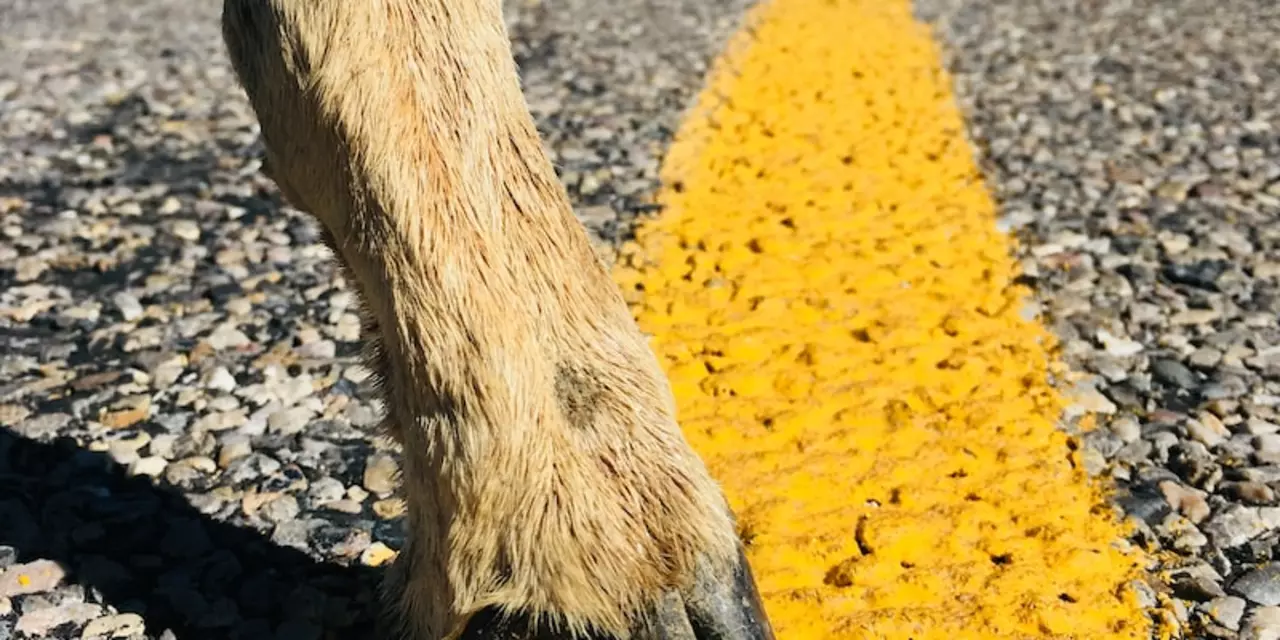The Rise in Roadkill of Wild Animals in India: What Can Be Done to Prevent It?
The rise in roadkill of wild animals in India is a growing concern. Over the past few years, the number of animals killed in road accidents has risen dramatically. This is due to an increase in the number of vehicles on the roads, as well as the lack of infrastructure for animal protection.The Indian government needs to take measures to reduce roadkill of wild animals. One of the first steps should be to improve the infrastructure for animal protection. This includes installing animal crossings, wildlife warning signs, and road barriers. Furthermore, roads should be designed in such a way that they minimize the chances of animals crossing them.
The government should also take steps to educate drivers on how to safely drive when they see animals on the roads. This should include teaching drivers to slow down and not swerve when they see an animal on the road. Additionally, drivers should be taught to be aware of their surroundings and to be on the lookout for animals.
Finally, the government needs to make roadkill of wild animals a punishable offense. This would be a strong deterrent for drivers who are not taking proper precautions to protect animals. The punishment should be severe enough that drivers are less likely to take risks and endanger animals.
By taking these steps, the government of India can help reduce roadkill of wild animals and create a safer environment for both animals and humans.
Examining India's Laws on Punishing Roadkill of Wild Animals: Are They Effective?
In India, the destruction of wild animal species is unfortunately becoming a more and more common occurrence. A large portion of this destruction is due to vehicle-related accidents, often referred to as roadkill. So the question arises, what is the law in India when it comes to punishing roadkill of wild animals?The answer to this question is surprisingly complex. According to the Wildlife Protection Act of 1972, it is illegal to hunt or harm wild animals in India. But the law does not specifically mention roadkill of wild animals. The law instead puts the burden of responsibility on the driver, stating that any person who causes the death of any wild animal by driving a vehicle is guilty of a crime.
However, the law is not always enforced. In many cases, drivers who have caused the death of a wild animal have not been held accountable for their actions. This leaves many people wondering if the law is effective in preventing roadkill of wild animals in India.
In order to answer this question, it is important to look at the ways in which the law is enforced. In most cases, the law is enforced through fines that are imposed on drivers who are found to be guilty of causing the death of a wild animal. However, these fines are often not enough to deter drivers from causing roadkill of wild animals.
In addition, the law does not provide any recourse for drivers who are found to be innocent of causing the death of a wild animal. This means that drivers who are innocent of the crime can still be fined for a crime that they did not commit.
Overall, it is clear that the law in India is not effective in preventing roadkill of wild animals. Drivers are often able to get away with causing the death of a wild animal without being held accountable. This means that the laws in India need to be strengthened in order to ensure that drivers who cause the death of wild animals are punished.



